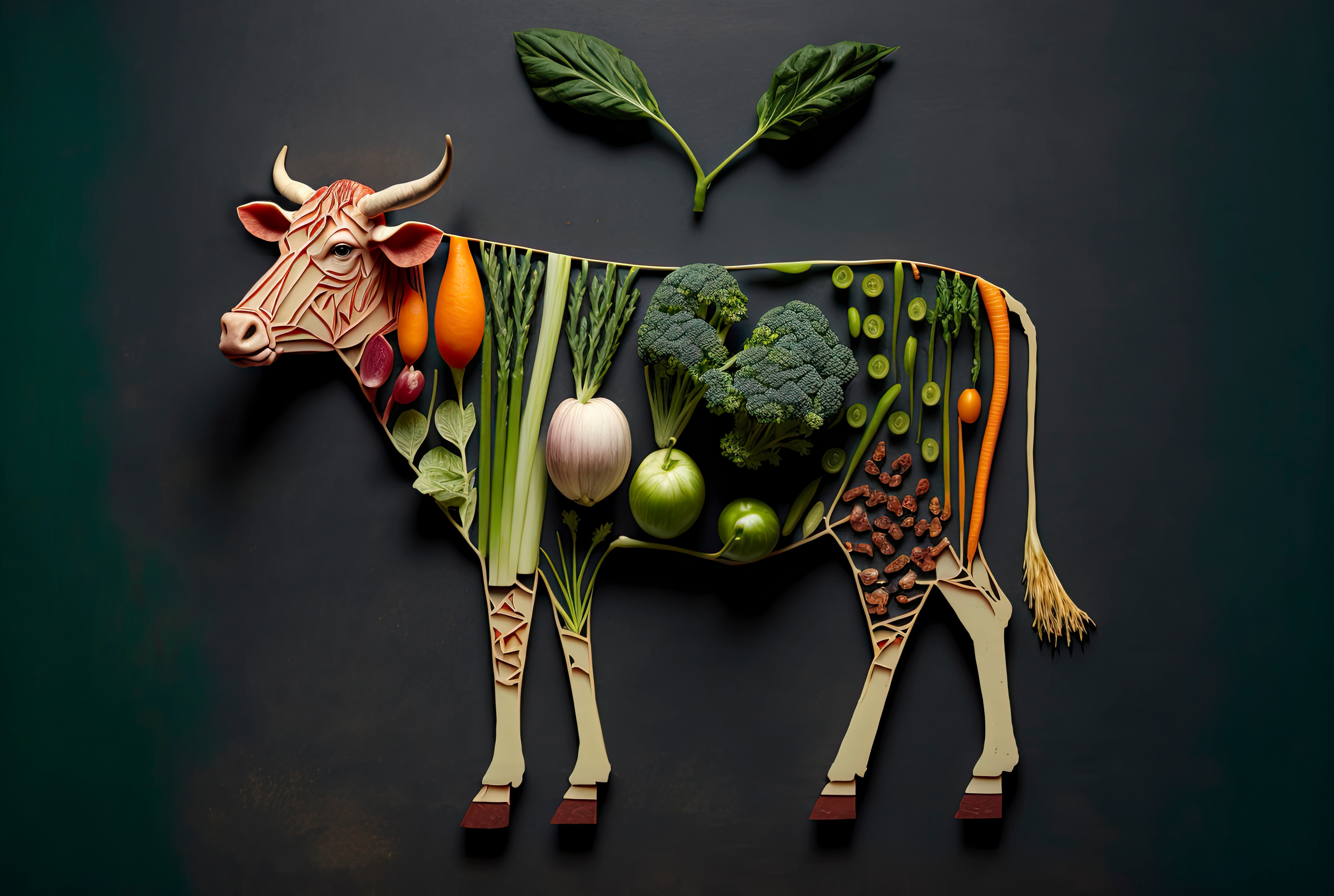In the world of nutrition and fitness, few topics are as rife with myths and misconceptions as plant-based diets. From protein concerns to nutrient deficiencies, many people have erroneous beliefs about this healthy lifestyle choice. In this post, we’re going to debunk the top 10 misconceptions about plant-based diets.
Plant-based diets lack protein
This is perhaps the most common myth. The truth is, plant-based diets can provide all the protein your body needs. Foods such as lentils, chickpeas, tofu, quinoa, and various nuts and seeds are all excellent sources of plant-based protein. Plus, many vegetables like spinach and broccoli contain a surprising amount of protein per calorie.
01
You’ll always feel hungry
Another common myth is that a plant-based diet leaves you perpetually hungry. While it’s true that plant foods tend to be less calorie-dense than animal products, they are more nutrient-dense. This means you can eat larger volumes of food for fewer calories, which can help you feel satiated. Additionally, plant-based foods are high in fiber, which aids in digestion and keeps you feeling full longer.
02
Plant-based diets are deficient in essential nutrients
Many worry that eliminating animal products from their diet will result in nutrient deficiencies, particularly in iron, calcium, and B12. While it’s true that these nutrients are abundant in animal products, they can also be found in plant-based foods. Leafy greens, fortified plant milks, and whole grains are excellent sources of calcium and iron, while B12 can be obtained through fortified foods or supplements.
03
Plant-based diets are automatically healthy
Just because a diet is plant-based doesn’t mean it’s inherently healthy. After all, french fries and sugary cereals are technically plant-based, but they certainly aren’t nutritious. A healthy plant-based diet should be centered around whole foods: fruits, vegetables, whole grains, legumes, nuts, and seeds.
04
Plant-based diets are expensive
While certain plant-based foods can be pricey (like exotic fruits or specialty vegan products), a plant-based diet can actually be quite economical. Staple foods like rice, beans, lentils, potatoes, and in-season vegetables are all relatively inexpensive, especially when bought in bulk.
05
Plant-based diets are too restrictive
There’s a common belief that plant-based diets limit your food options. In reality, adopting a plant-based diet can open up a world of culinary possibilities. There are thousands of plant species that are edible, and the variety of grains, fruits, vegetables, legumes, nuts, and seeds far surpasses the variety of meats and dairy products available.
06
Plant-based diets don’t provide enough energy
Carbohydrates are the body’s primary source of energy, and plant-based diets are typically high in healthy, complex carbs. Whole grains, fruits, and starchy vegetables provide ample amounts of energy to fuel your day.
07
Athletes can’t thrive on a plant-based diet
This is a common myth, but many professional athletes, including football players, Olympians, and bodybuilders, have thrived on plant-based diets. With careful planning, athletes can meet their protein, calorie, and nutrient needs through plant-based foods.
08
It’s all or nothing
Many people believe that to reap the benefits of a plant-based diet, they need to completely
eliminate all animal products. While a fully plant-based diet may offer the most benefits, even making small changes like having a few plant-based meals per week can have a positive impact on health.
09
Plant-based diets are difficult to follow
Finally, many people assume that a plant-based diet is complicated or time-consuming. While it may take a bit of time to learn new recipes and meal prep strategies, it’s no more difficult than any other dietary change. Plus, with the increasing availability of plant-based products and recipes, it’s easier than ever to adopt a plant-based diet.
10
While plant-based diets may not be for everyone, it’s important to make dietary decisions based on facts rather than misconceptions. A well-planned plant-based diet can provide all the nutrients your body needs, and it can be a delicious, satisfying, and healthy way to eat. Whether you’re considering going plant-based or just incorporating more plant-based meals into your diet, hopefully debunking these myths has provided some clarity and reassurance.

